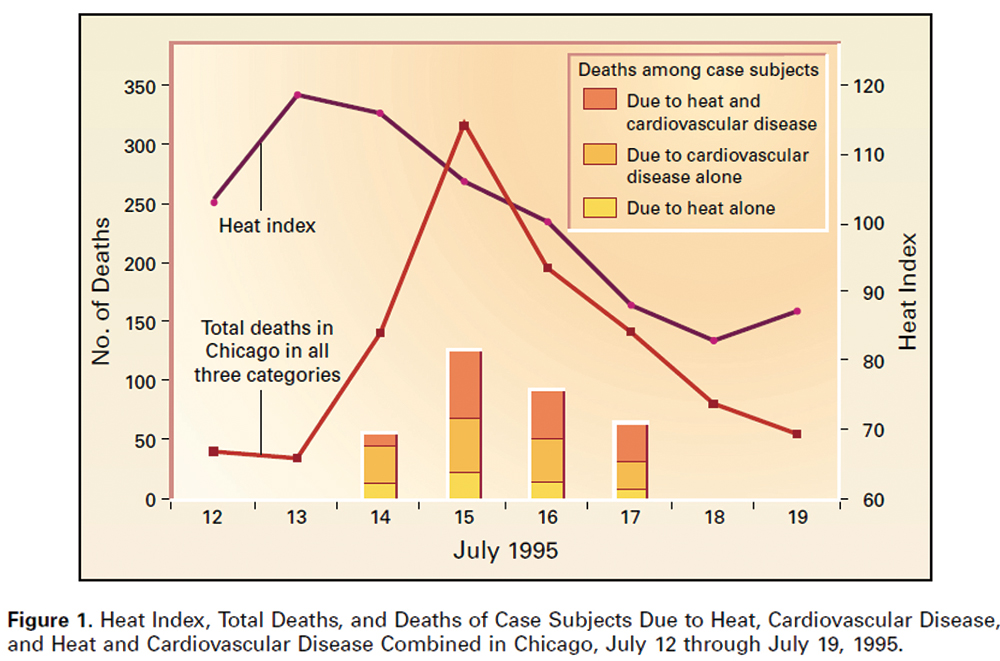
WILLIAM RAU
In April, some hospitals in the New York region were almost overwhelmed as a wave of COVID patients swept into emergency rooms. By mid- to late-March, foresight of the cresting wave guided the hasty creation of surge capacity and recruitment of volunteer physicians and nurses. They helped New York avoid the collapse of its hospital system.
Few learned from the near disaster. Was it the half-century campaign to discredit scientists by the tobacco industry on smoking and cancer and by the fossil fuel industry on carbon emissions and the climate crisis? Whatever the reason, few governors heeded epidemiologists or infectious disease experts who warned everyone to adopt comprehensive public health measures lest they repeat New York’s travail.
So, here we go again: Florida, Texas, Arizona, et al. confronting another surge of COVID patients. Some hospitals in Texas are turning away patients or transporting them long distance by helicopter to other hospitals or having ambulances wait as long as 10 hours to access an emergency room. Moreover, Arizona and Texas have turned to that telltale sign of breakdown: the refrigerated morgue truck. No more room in the morgues either.
We too will need morgue trucks when a big heat wave hits the Midwest. Most Illinois City and County public health officials have no advanced preparation for heat waves, which means that when the first intense heat wave arrives, mass casualties from heat stroke will follow.
Heat stroke is easily treatable compared to the devilishly insidious COVID. Yet, this simplicity is misleading. A COVID outbreak takes many weeks to build exponentially. If alert, we can see it coming and thus prepare for the surge. Also, it usually takes days to a week or more before COVID becomes life threatening. For many patients, immediate medical intervention is not necessary.
Heat stroke differs on both counts. First, heat stroke increases an afflicted person’s core body temperature to 104°F or greater. The body can fend off that heat for a while, but in short order it begins to cook the brain, liver, kidneys, heart and lungs. End result: like COVID, death or multiple organ damage.
How much time is there to reduce core body temperature? About 30 minutes. Ten hour wait? Save triage time; go directly to the morgue truck.

Second, heat stroke does not surge; it explodes. As the red line in Jan Semenza’s chart indicates, the first two days of the 1995 heat wave in Chicago saw relatively few deaths. Then deaths skyrocketed over the next several days with over 700 dying from this easily treatable condition. However, timely treatment is not possible when ERs are overwhelmed. Not to be outdone, Paris in 2003 and Moscow in 2010 repeated Chicago’s experience.
Central Illinois cities are primed to join the list because our paramedics are trained in a “transport first, treat second” heat stroke protocol, which will overwhelm our emergency rooms.
It need not be so. In the next column, we’ll see how we can move to a “treat first, transport second” protocol.
References
Hopkins, Caroline. 2020 (Mar 27). Covid-19 patients are flooding New York hospitals, and the peak may be 3 weeks away. Vox; https://www.vox.com/2020/3/27/21197400/new-york-covid-19-hospitals-coronavirus
Karimi, Faith and Steve Almasy. 2020 (Jul 16). US coronavirus: Arizona and Texas counties hit hard by coronavirus bring in refrigerated trucks as morgues fill up. CNN; https://www.msn.com/en-us/news/us/us-coronavirus-arizona-and-texas-counties-hit-hard-by-coronavirus-bring-in-refrigerated-trucks-as-morgues-fill-up/ar-BB16Oho1
Semenza, Jan C. 1996 (Jul 11). Heat-Related Deaths during the July 1995 Heat Wave in Chicago. New England J. of Med.; https://www.nejm.org/doi/full/10.1056/NEJM199607113350203
Slisco, Aila. 2020 (Jul 15). Florida, Texas Hospitals Maxing Out From Still-Surging COVID-19. Newsweek; https://www.newsweek.com/florida-texas-hospitals-maxing-out-still-surging-covid-19-1518173
Walters, Edgar, et al. 2020 (Jul 14). Texas hospitals are running out of drugs, beds, ventilators, and even staff. Texas Tribune; https://www.texastribune.org/2020/07/14/texas-hospitals-coronavirus/

Recent Comments